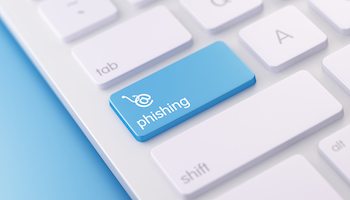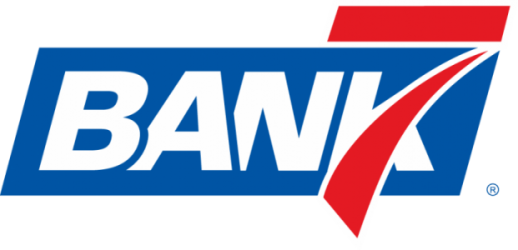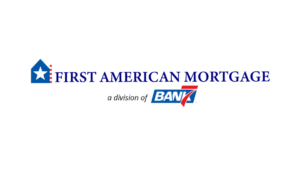
Bank7 is aware of the growing number of internet-related fraudulent schemes known as “phishing”. It is important that Bank7 customers avoid such schemes by understanding what to look for in a potential fraudulent email.
- Bank7’s web page should never be accessed from a link provided by a third party. It should only be accessed by typing the web site name, or URL address, into the web browser or by using a “book mark” that directs the web browser to the Bank7 web site or its affiliate Internet Banking or Bill Pay site pages.
- Bank7 will not be sending email messages that request confidential information, such as account numbers, passwords, or PINs. Bank7’s customers are reminded to report any such requests to Bank7.
- If you get an email or pop-up message that asks for personal or financial information, do not reply. And don’t click on the link in the message, either. Legitimate companies don’t ask for this information via email. If you are concerned about your account, contact Bank7 using a telephone number you know to be genuine, or open a new Internet browser session and type in Bank7’s correct Web address yourself. In any case, don’t cut and paste the link from the message into your Internet browser, phishers can make links look like they go to one place, but that actually send you to a different site.
- Don’t email personal or financial information. Email is not a secure method of transmitting personal information. If you initiate a transaction and want to provide your personal or financial information through an organization’s website, look for indicators that the site is secure, like a lock icon on the browser’s status bar or a URL for a website that begins “https:” (the “s” stands for “secure”). Unfortunately, no indicator is foolproof; some phishers have forged security icons.





